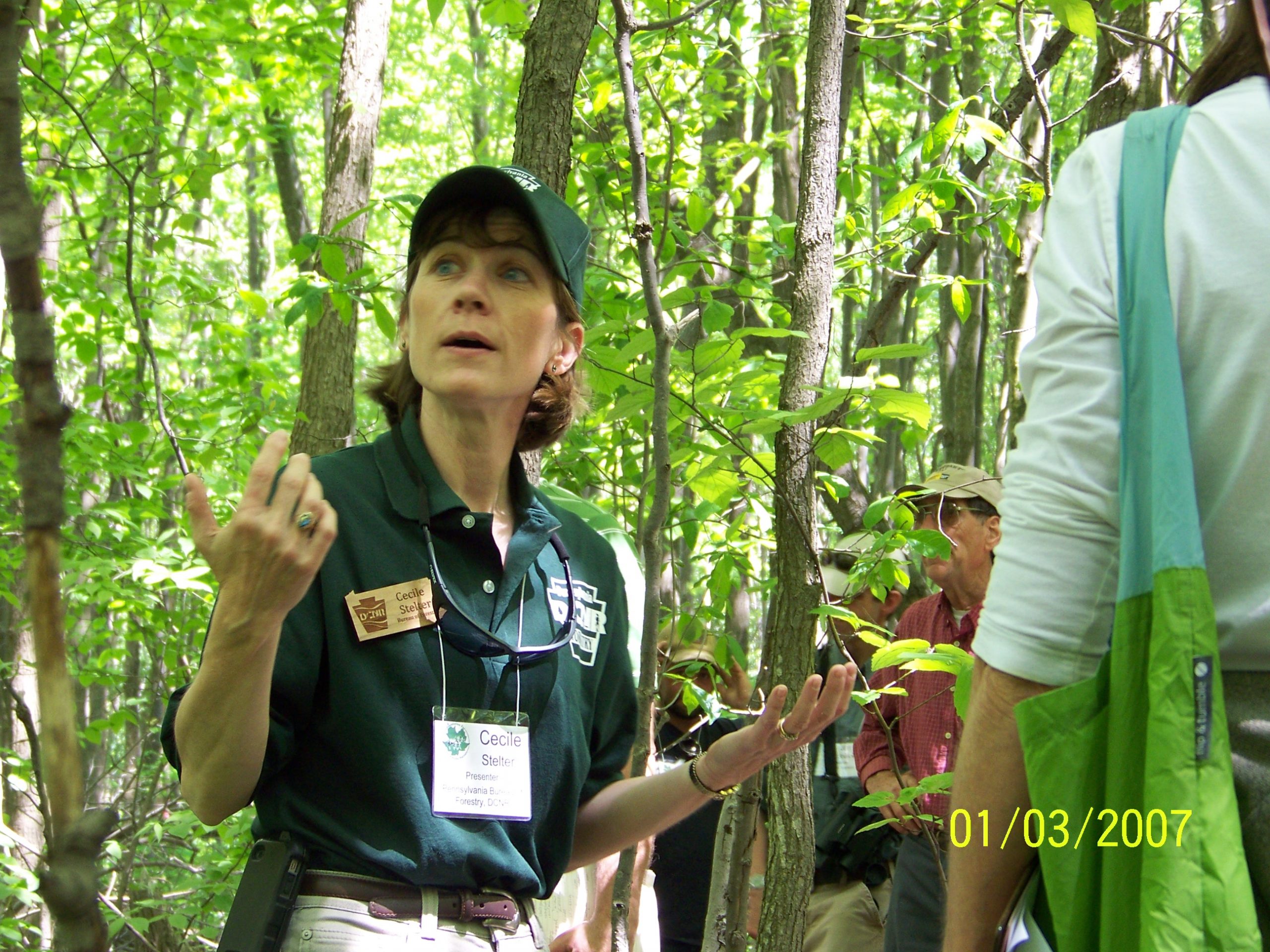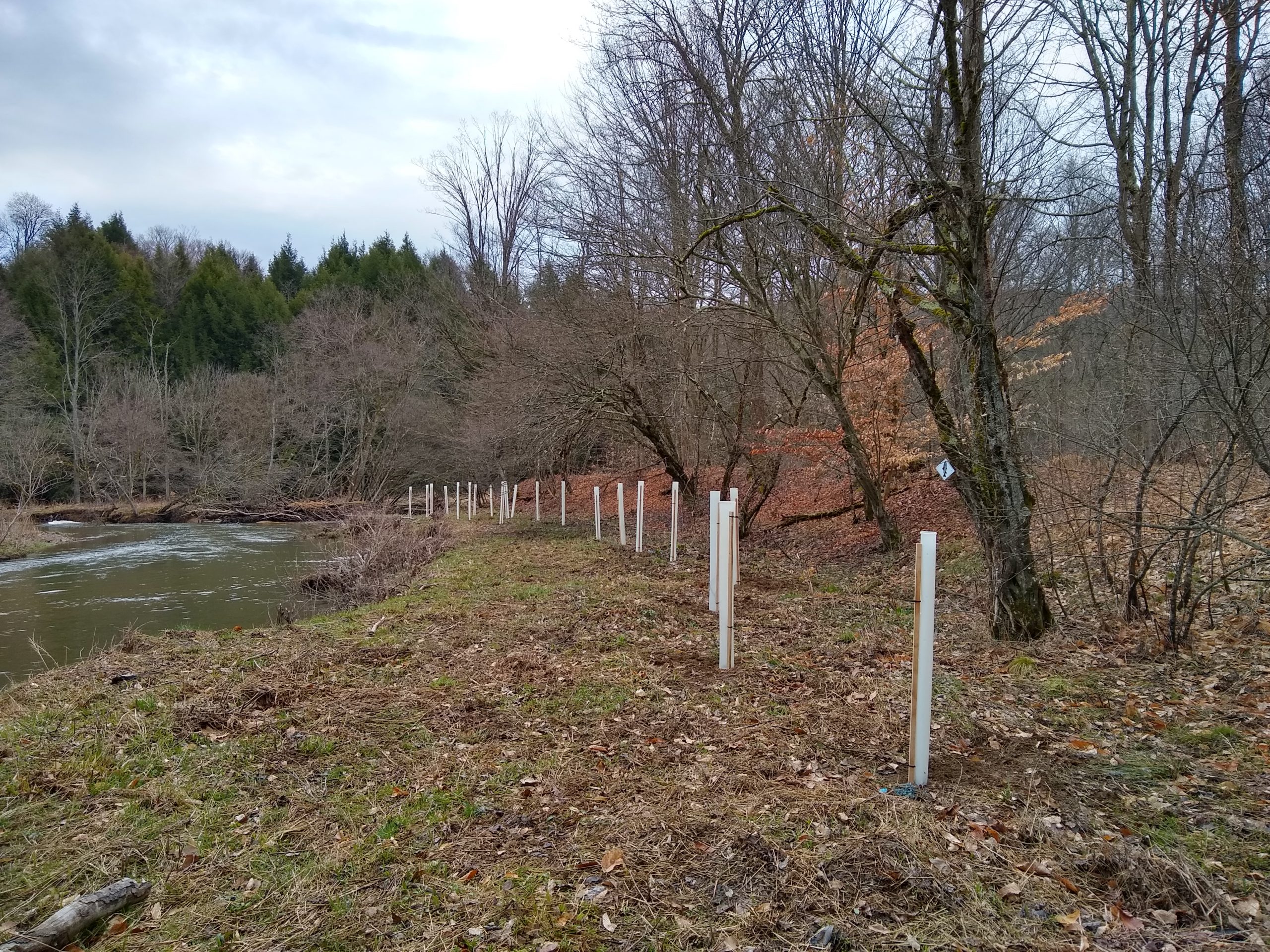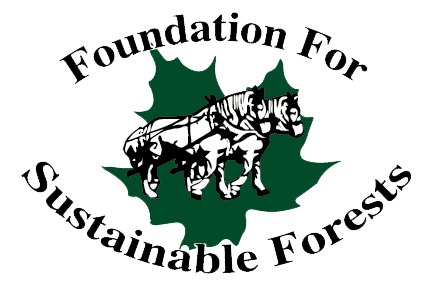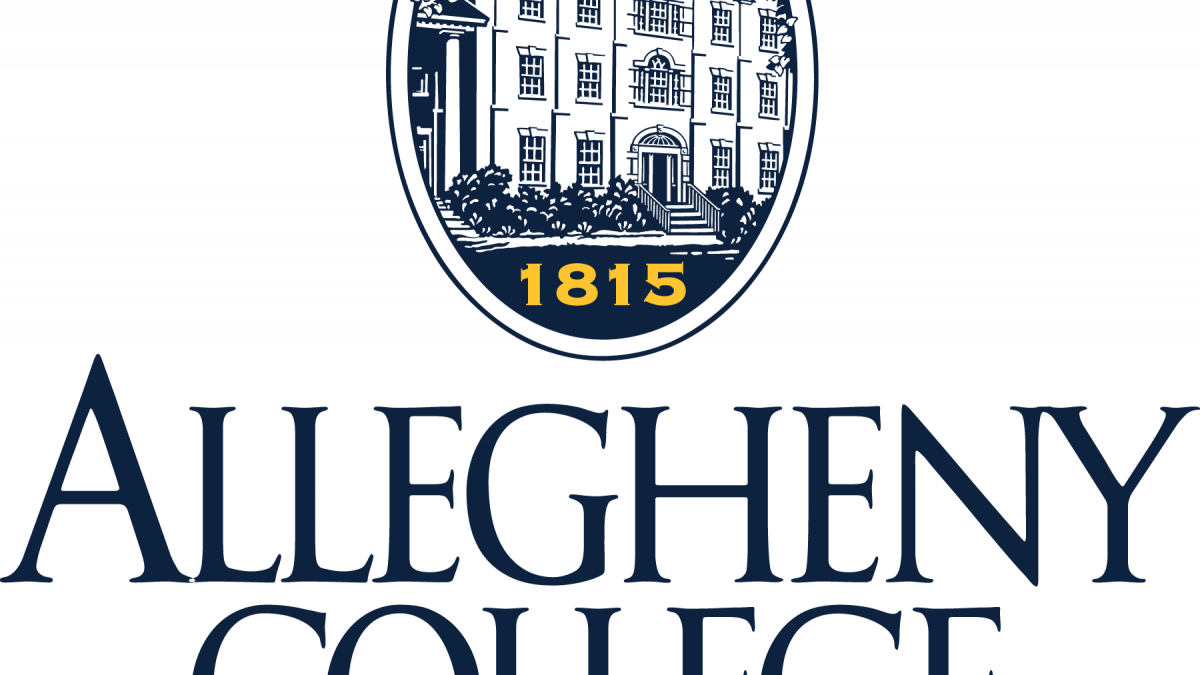
2012 Inaugural Newsletter
August 26, 2012
FFSF Adds Protection to Caldwell Creek, Warren County
December 10, 2012MEADVILLE, Pa. – Sept. 7, 2012 — Allegheny College and the Foundation for Sustainable Forests have signed a groundbreaking agreement that will preserve and protect fragile ecosystems in Pennsylvania and southern New York while providing opportunities for landowners to support both nonprofit organizations.
Under terms of the agreement signed recently by Allegheny executive vice president and treasurer David W. McInally and Foundation for Sustainable Forests’ president Troy Firth, both organizations will share equally in any proceeds derived from timber harvests and other earnings from land donated through the foundation’s shared gift program.
“We are thrilled with this partnership with Allegheny College and hope it can be a model for others in the region,” said Firth.
The foundation and the college agree to work together to protect and conserve forested land through a shared gift program. The foundation, based inSpartansburg, Pa., will protect and maintain donated land as working forest while providing long-term funding for the college.
For its part, Allegheny will make potential donors who are landowners in the area aware of the shared gift program and the potential to leave a land legacy while providing financial support for the college. Gifts of land made through the program will go to the foundation and become its property. Allegheny will be a beneficiary organization. Donors will be eligible for charitable deductions for the full market value of the properties.
“The foundation’s shared gift program is a unique opportunity to both protect forested land in perpetuity and provide a long-term income stream to community institutions and organizations such as Allegheny College,” said Firth.
Through the program the landowner gifts property to the Foundation for Sustainable Forests with a provision that 50 percent of the net earnings go to support a designated charitable organization in perpetuity. Under specific circumstances and based on the condition of the land, the Foundation may permit a larger percentage of the earnings after expenses to be assigned. The agreement is recorded in the deed.
The foundation and the college will jointly decide if a property is suitable for the program. Ideally, the minimum land donation will be 20 acres. The foundation will accept properties where the oil, gas and mineral rights are owned by the donor and where they have been severed from the land rights.
As a land trust, the foundation’s model is unique in Pennsylvania, if not the nation, said John Noel Bartlett, the foundation’s development director. The foundation owns the land that has been placed in its care and manages it as a working forest for ecosystem health and biodiversity. Earnings from the land support the work of the foundation, making conservation and land protection economically self-sustaining. In addition, the land remains on local tax rolls and management of it creates jobs in the forest-service industry, helping support rural communities.
“The need for the foundation’s work and preservation of forested land is great,” said Bartlett. “Pennsylvania is losing high-quality forested land at an alarming rate as a result of parcelization of forest ownership in the state, fragmentation of forested land, and development.”
The foundation uses timber-removal techniques that are forest friendly. “We attempt to minimize damage and disturbance,” Bartlett said. “For example, rather than removing logs with large machinery we normally use teams of horses to skid from the stump tithe loading site.”
Richard Bowden, professor of environmental science at Allegheny College, noted the importance of the foundation’s work.
“Private forest landowners are critical to protection of the ecological services, aesthetic and recreational values, and economic input that forests provide regionally and nationally,” Bowden said. “The work of the foundation provides a vitally important mechanism, particularly in local communities, for private citizens and forest professionals to conserve our forest heritage.”
“The Foundation for Sustainable Forests is a natural partner for Allegheny College, based on its mission of educating the public and using our region’s resources in a sustainable way,” said Dave McInally. “We are pleased to join the foundation in its effort to preserve the health and beauty of our region for generations to come.”

